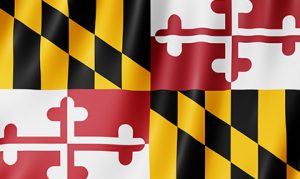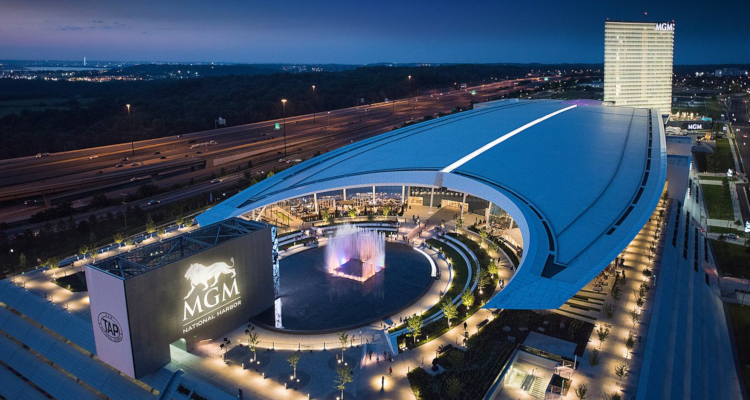In Maryland, casino operators Caesars Entertainment Corporation and MGM Resorts International have reportedly thrown their considerable weight behind a piece of proposed legislation that aims to criminalize some of the most well-known cheating techniques used at live-dealer gaming tables.
Committee consideration:
According to a Tuesday report from USBets.com, House Bill 1036 was introduced to the Maryland House of Delegates by Democratic legislators Jazz Lewis, Michael Jackson, Wanika Fisher, Julian Ivey and Andrea Fletcher Harrison on Friday and is now scheduled to be considered by that body’s Ways and Means Committee from March 1. All of these lawmakers represent districts featuring a casino and purportedly explained that they want to bring Maryland’s criminal code into line with other states’ when it comes to punishing gamblers that cheat.
Lenient situation:
As it now stands, anyone suspected of cheating inside Maryland’s six casinos can only be punished via an ejection. House Bill 1036 seeks to update this state of affairs by making it a criminal offense to engage in a range of activities including bet capping, pinching and switching as well as past-posting, card marking and dice sliding.
Increased penalties:
Should the proposed legislation be ratified by both houses of  the Maryland General Assembly and signed into law by Maryland Governor Larry Hogan (pictured), anyone found guilty of cheating for an aggregate amount of under $100 could reportedly face a fine as well as up to three months in jail. In addition, House Bill 1036 would institute felony penalties against gamblers judged in the wrong for amounts between $1,500 and $25,000 that could amount to a maximum $10,000 charge alongside a five-year prison term.
the Maryland General Assembly and signed into law by Maryland Governor Larry Hogan (pictured), anyone found guilty of cheating for an aggregate amount of under $100 could reportedly face a fine as well as up to three months in jail. In addition, House Bill 1036 would institute felony penalties against gamblers judged in the wrong for amounts between $1,500 and $25,000 that could amount to a maximum $10,000 charge alongside a five-year prison term.
House Bill 1036 calls for the burden of proof for any cases of suspected cheating to rest with state while it would moreover require gamblers subsequently found guilty to immediately pay back any ill-gotten financial gains.
Operator influence:
Caesars Entertainment is one of the biggest players in Maryland’s casino industry courtesy of its Horseshoe Baltimore venue while MGM Resorts International spent some $1.4 billion just over two years ago to open the eastern state’s MGM National Harbor property. This latter enterprise has since reportedly gone on to become the small jurisdiction’s most lucrative in terms of gaming revenues but recorded 172 suspected cheating cases in 2017.
Limited detection:
Michael Ruggiano, MGM National Harbor Surveillance Director for MGM Resorts International, told legislators during a recent hearing that his team probably only identifies around 25% of the cheating incidents that occur inside the Prince George’s County facility although these represent approximately 63% of the operator’s nationwide total.
Reportedly read a statement from Ruggiano…
“We’re essentially just evicting them and if they come back we can cite them for trespassing but if they come back and don’t provide identification or bring someone else’s identification, we’re counting on my team to recognize all the people who we have caught cheating.”
Deterrence hopes:
A representative for Caesars used the same hearing to declare that it would be ‘good public policy’ to establish ‘clear statutory criminal guidelines with regard to cheating in casinos’ and that legislation such as House Bill 1036 ‘might actually lead to deterrents.’



